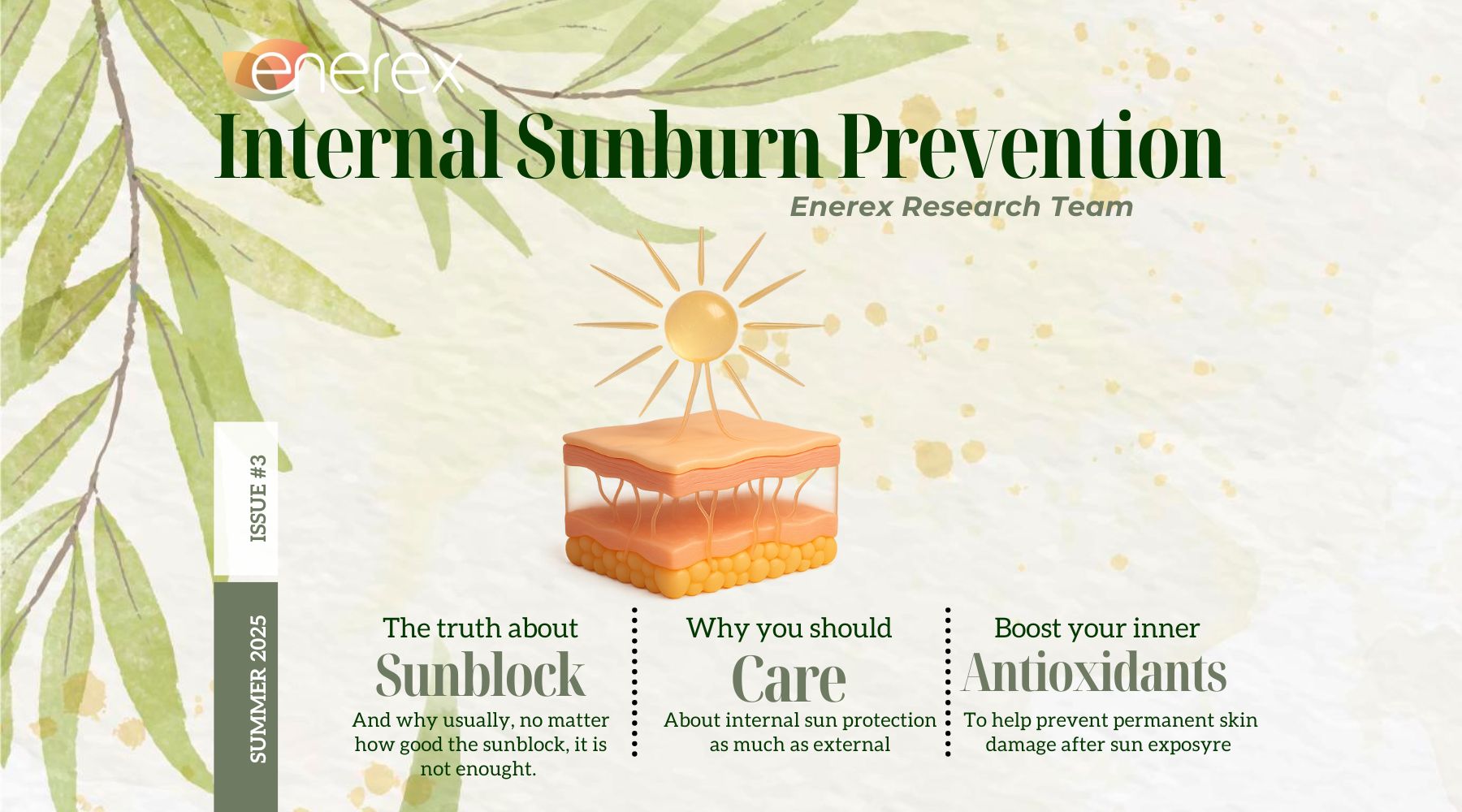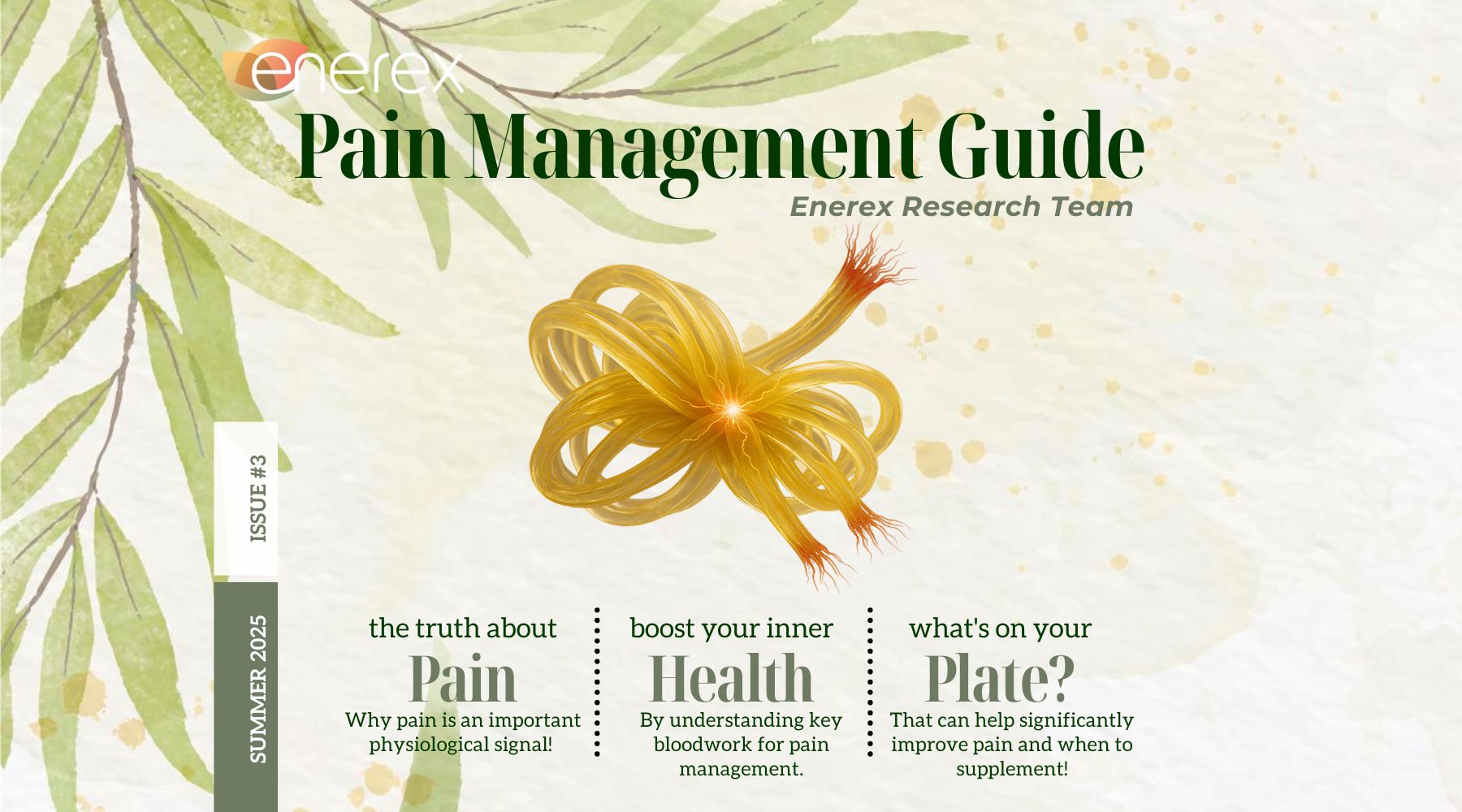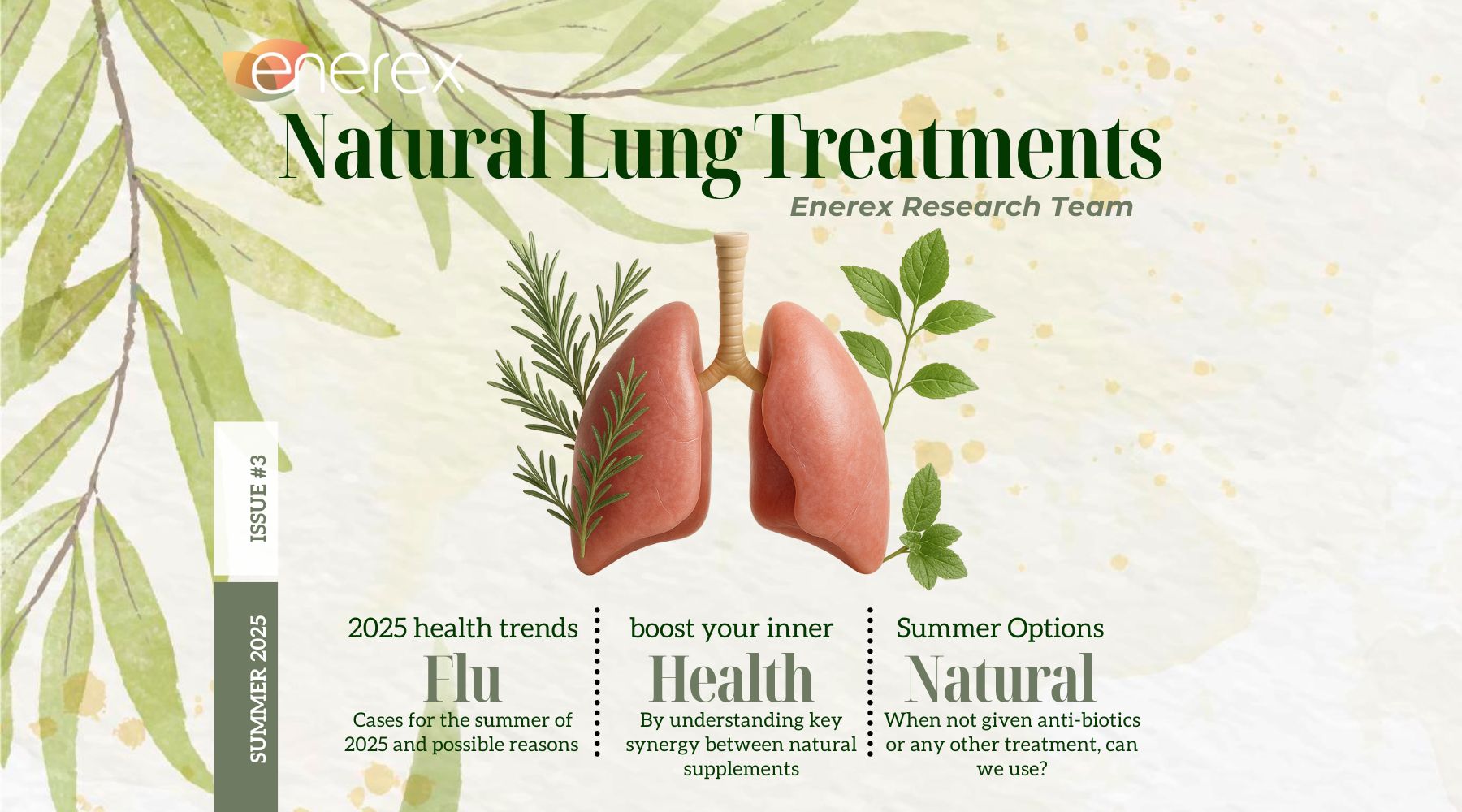10 Ways to build a strong immune system to fight allergies

Understanding Allergies and Strengthening Your Immune System
Allergies, whether seasonal like hay fever and pollen allergies or year-round sensitivities such as food allergies and pet dander, are often signs of an overactive immune response to typically harmless substances. These allergic reactions can range from itchy eyes, runny nose, and sore throat to more severe allergic reactions, underscoring the need for a healthy immune system. Here are ten scientifically-backed methods to strengthen your immune health, potentially lessening the severity of allergy symptoms and improving overall health.

1. Enhance Your Diet with Wheatgrass and Barley Grass
Wheatgrass and barley grass, rich in chlorophyll, vitamins, and minerals, support immune function and modulate the immune response. They have antioxidant properties that help reduce oxidative stress, which can weaken immune health. Incorporating these grasses into your diet as juices can progressively enhance your immune system, starting with small doses such as one ounce daily.
2. Incorporate Aronia Berries
High in antioxidants like anthocyanins, Aronia berries support the immune system by enhancing the body’s defense system and reducing inflammation. These berries can be consumed in various forms—fresh, dried, or as a juice—to help strengthen your immune response against common allergens like pollen, dust mites, and animal dander.
3. Utilize DPP-4 Enzymes
Dipeptidyl Peptidase-4 (DPP-4) enzymes play a critical role in immune regulation and inflammation control. Beneficial for breaking down gluten and casein peptides, they are particularly useful for those with food intolerances and allergies. Consulting with a healthcare provider for appropriate dosing of DPP-4 supplements is advisable.
4. Astaxanthin for Oxidative Stress Relief
Astaxanthin, a potent antioxidant with anti-inflammatory properties, aids immune health by protecting cells from oxidative damage and improving the body's defense against allergens. It is naturally found in salmon, shrimp, and krill; astaxanthin supplements are an option for those who do not consume these foods regularly, with doses typically ranging from 4 to 12 mg per day.
5. Vitamin C and Bioflavonoids for Allergic Rhinitis
Vitamin C, paired with bioflavonoids, significantly reduces allergy symptoms such as watery eyes, runny nose, and itchy eyes by stabilizing mast cells, which release histamine during allergic reactions. Excellent sources include citrus fruits, berries, and green leafy vegetables. Supplements can also be effective, particularly during peak allergy season.
6. N-Acetyl Glucosamine (NAG) for Gut Health
Supporting the integrity of the gut lining with N-Acetyl Glucosamine (NAG) is crucial for a healthy immune system, which is essential for allergy prevention. NAG, available as a supplement, is particularly helpful for those with food allergies, as it helps maintain gut health and reduces allergic sensitivity.
7. Probiotics to Balance Gut Flora
Probiotics, including strains like Lactobacillus rhamnosus GG and Bifidobacterium lactis, are vital for maintaining gut health and immune health, intricately linked to managing allergies. Regular consumption of probiotic-rich foods or supplements can enhance the immune system’s capability to fend off allergic reactions effectively.
8. Black Seed Oil
Black seed oil, known for its immune-modulating and anti-inflammatory effects, is beneficial for respiratory allergies by aiding the smooth function of immune cells and reducing the immune system’s overreaction to harmless substances like pollen and pet dander. Studies suggest that black seed oil may reduce the severity of allergic reactions by altering the function of the innate immune system. It may also help to support individuals with skin conditions like atopic dermatitis on topical application. Most common chronic health conditions are demonstrated to improve with black seed oil due to its anti-inflammatory and immune-modulating potential.
9. Sea Buckthorn Oil
Sea buckthorn oil, rich in omega-7 fatty acids and antioxidants, helps maintain healthy mucous membranes in the nasal passages—a crucial area affected by allergic rhinitis. Incorporating sea buckthorn oil into your diet or as a supplement can significantly bolster immune health during allergy season.
10. Adopt a Healthy Lifestyle
A strong immune system is supported by regular physical activity, adequate sleep, managing stress levels, and proper hydration. These lifestyle factors are crucial for supporting the complex network of cells and blood vessels in the immune system and can significantly reduce the frequency and severity of allergies.
It is worth it to note that those with chronic inflammation, allergies and issues affecting the digestive system may be more prone to developing an autoimmune disorder. This predisposition can be due to the chronic stress that is imposed on the human immune system with such conditions. This is why supporting the body at dealing with seasonal allergies, reducing allergic antibodies (ige antibodies) and reducing the exposure to irritating foreign substances is important even for those with mild allergies. All types of allergic disease may be a sign of a weak immune system and may benefit from immune support and regulation.
By integrating these ten strategies into your daily routine, you build a robust immune system better equipped to handle allergies, enhancing your overall health and reducing symptoms significantly. Always consult with a healthcare provider or allergy specialist to tailor these suggestions to your personal health needs, especially if you have severe cases or a family history of allergies. This comprehensive guide is your first step toward fewer allergy symptoms and a healthier life.
References
- Vital Nutrients. Natural Allergy Prevention & Management: Supplements for Allergies. Vital Nutrients . Accessed April 14, 2024.
- Arakawa H, Fujiwara T, Okamoto M, et al. High dose vitamin C treatment reduces capillary permeability in allergic rhinitis. International Journal of Otolaryngology . Accessed April 14, 2024.
- Padayatty SJ, Sun AY, Chen Q, et al. Vitamin C: intravenous use by complementary and alternative medicine practitioners and adverse effects. NCBI . Accessed April 14, 2024.
- Mikkelsen K, Stojanovska L, Prakash M, et al. The effects of Vitamin C on skin health. NCBI . Accessed April 14, 2024.
- Aroda VR, Saisho Y, Harris S, et al. A Review of the Role of Dipeptidyl Peptidase-4 Inhibitors in Mechanistic Models. Frontiers in Endocrinology . Accessed April 14, 2024.
- Delzenne NM, Cani PD. Interaction between obesity and the gut microbiota: relevance in nutrition. CEI . Accessed April 14, 2024.
- Health is Wealth. Wheatgrass vs. Barley Grass: Which is better? Health is Wealth . Accessed April 14, 2024.
- Wu D, Meydani SN. Age-associated changes in immune function: impact of vitamin E intervention and the underlying mechanisms. Frontiers in Immunology . Accessed April 14, 2024.
- Drucker DJ. The role of gut hormones in glucose homeostasis. Journal of Clinical Investigation . Accessed April 14, 2024.
- Mysliwiec V, Vattem KM, Weinstock RS. The impact of probiotics and prebiotics on the immune system. PubMed . Accessed April 14, 2024.
- Rhea Superfoods. The Benefits of Wheatgrass and Barley Grass. Rhea Superfoods . Accessed April 14, 2024.
- Medical News Today. What are the benefits of barley grass? Medical News Today . Accessed April 14, 2024.
- Park JS, Chyun JH, Kim YK, et al. Astaxanthin decreased oxidative stress and inflammation and enhanced immune response in humans. NCBI . Accessed April 14, 2024.
- Aronia Berry Benefits. Benefits of Aronia Berries. Aronia Berry Canada . Accessed April 14, 2024.
- PLOS ONE. Astaxanthin modulates immune response in adolescents. PLOS ONE . Accessed April 14, 2024.
- PMC. The Impact of Nutritional Elements on the Immune System. NCBI . Accessed April 14, 2024.
- Borges RS, Keita H, Ortiz BLS, et al. Astaxanthin: A Mechanistic Review on Its Biological Activities and Health benefits. Nutrition and Metabolism . Accessed April 14, 2024.
- Morlife. Wheat Grass vs Barley Grass - What’s the Difference? Morlife . Accessed April 14, 2024.







Leave a comment